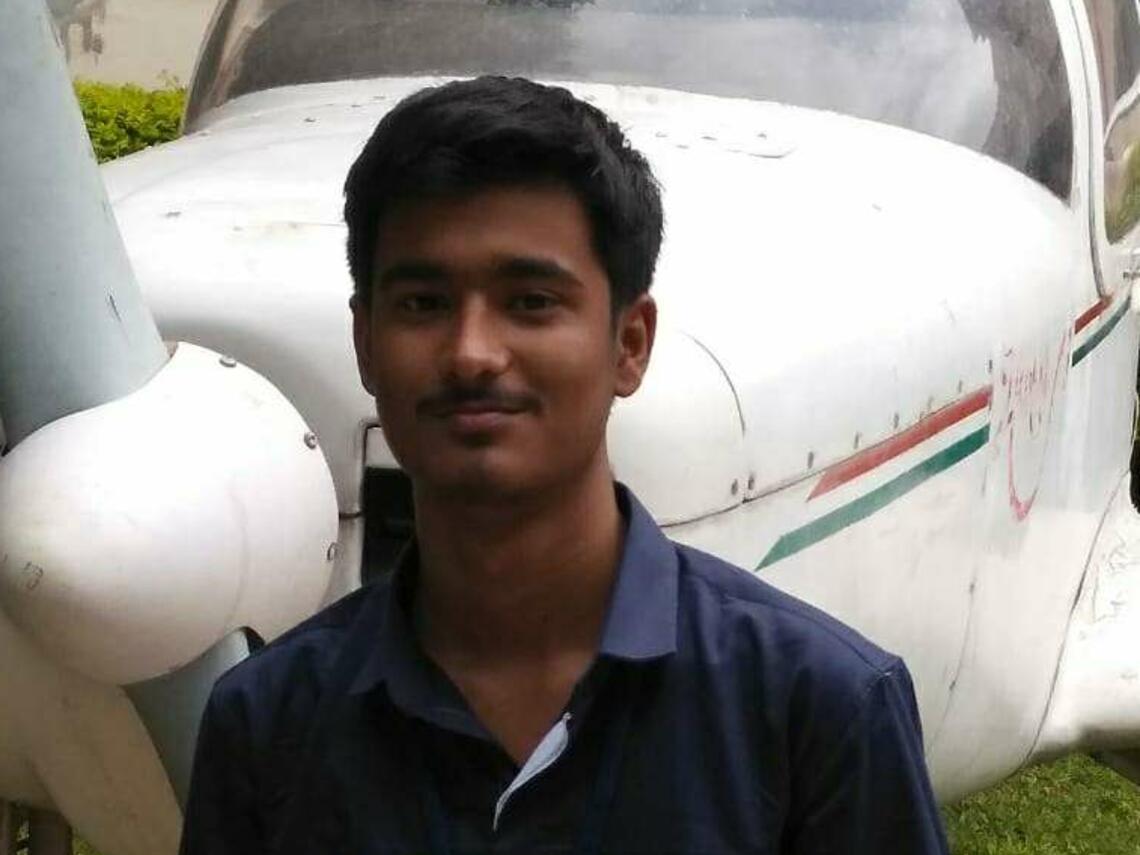People
Principal Investigator (PI)
Craig T. Johansen
Professor, P.Eng
SSE Research Chair in Aerospace Engineering
Contact Information
Department of Mechanical & Manufacturing Engineering
Schulich School of Engineering
University of Calgary
2500 University Dr NW
Calgary, AB, Canada T2N 1N4
Telephone: (403) 220-7421
Fax: (403) 282-8406
E-mail: johansen@ucalgary.ca
Education
B.Sc. in Mechanical Engineering (Queen's University) 2003
M.A.Sc. in Aerospace Engineering (Carleton University) 2005
M.B.A. (Heriot-Watt University) 2006
Ph.D. in Mechanical Engineering (Queen's University) 2009
Affiliations
Director of the University of Calgary Aerospace Network (UCAN) 2017-2019
Employment
Postdoctoral Research Associate (Queen's University) 2009-2010
Postdoctoral Research Associate (NASA Langley) 2010-2011
Assistant Professor (University of Calgary) 2011-2016
Associate Professor (University of Calgary) 2016-Present
Service
Member of Editorial Board for Aerospace Science & Technology 2017-Present
Member of the Aerodynamic Measurement Technology Technical Committee 2012-Present
Background
Dr. Johansen's research focuses on areas that involve fluid mechanics, thermodynamics, heat transfer and gas dynamics. The work is motivated to solve problems in high-speed aerodynamics, propulsion, power generation, and explosion safety. His research lab includes several shock tubes with non-intrusive optical diagnostics and a computer cluster for computational fluid dynamics. The lab collaborates with national and international industry and government partners. Active collaborations include Atlantis Research Labs, Lockheed Martin, Defence Research and Development Canada (DRDC) and the NASA Langley Research Center (LaRC).
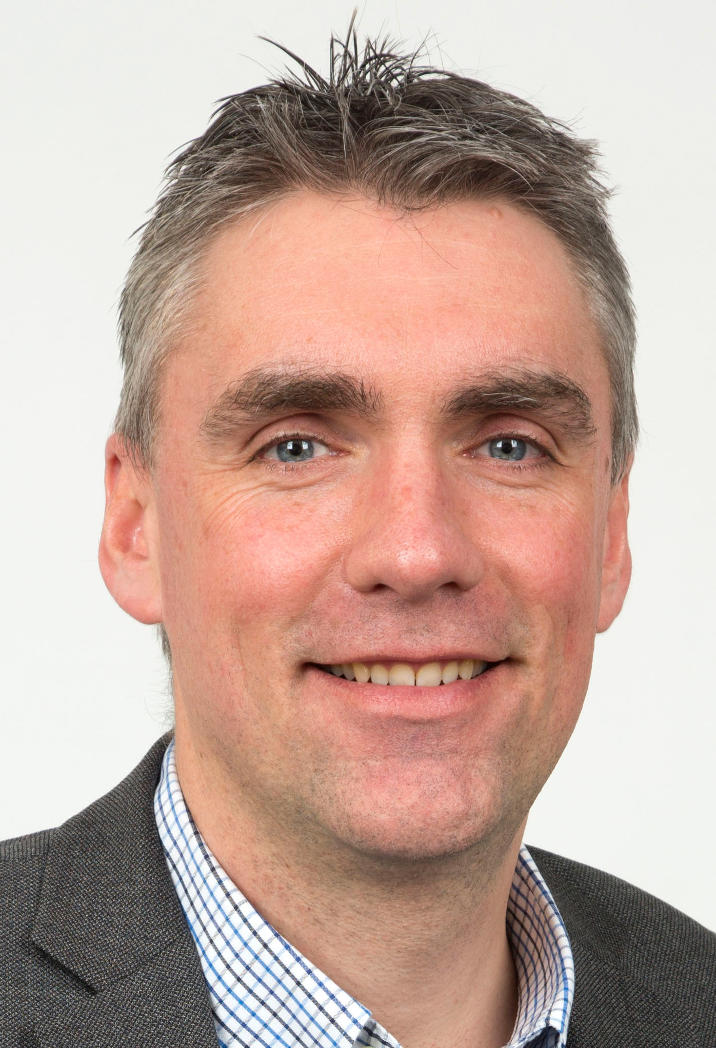
Technical Project Coordinator
Jeff Edwards
Jeff Edwards is the Technical Project Coordinator for the AERO-CORE Group at the University of Calgary.
Jeff completed a MSc in 2017 at the university of Calgary under Dr. Johansen’s supervision. His research involved using a shock tube and high-speed shadowgraph photography to develop a novel method to measure mixture composition at the end of the shock tube based on shock velocity and pressure measurements. Jeff worked for an engineering consultancy company between finishing his MSc and starting this position. Prior to starting his engineering career, he worked as a heavy equipment technician for over ten years.
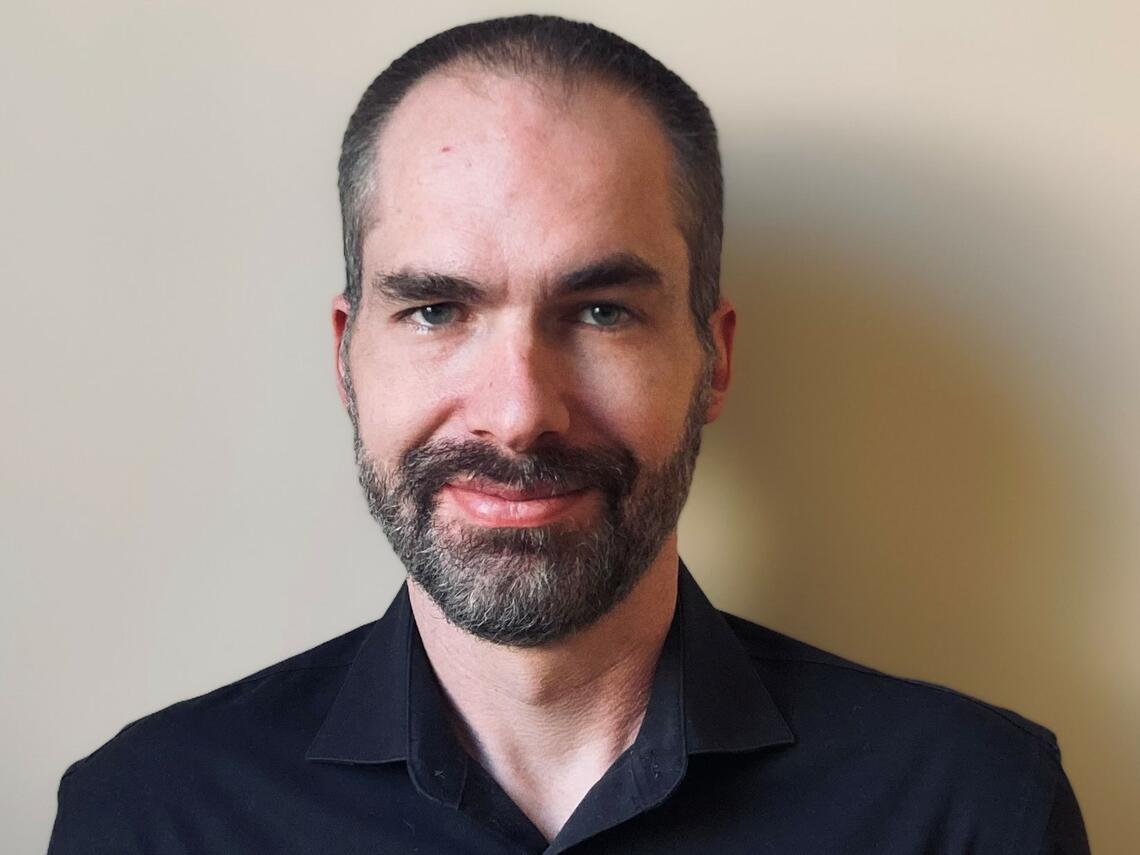
PhD Students
Colin Hill
Colin Hill is a PhD candidate in the Mechanical and Manufacturing Engineering department at the University of Calgary. Prior to his PhD studies Colin received a Bachelor of Science in Mechanical Engineering from the University of Calgary.
His research focus is on wax-based hybrid rocket fuels. Methods to increase the performance of wax-based fuels through enhanced fuel formulations and improved combustion efficiency are the primary objectives of this work. Several experimental setups are used in pursuit of this goal, including an optically accessible slab-burner, static testing of a 4.4-kN hybrid motor, and sounding rocket flights.
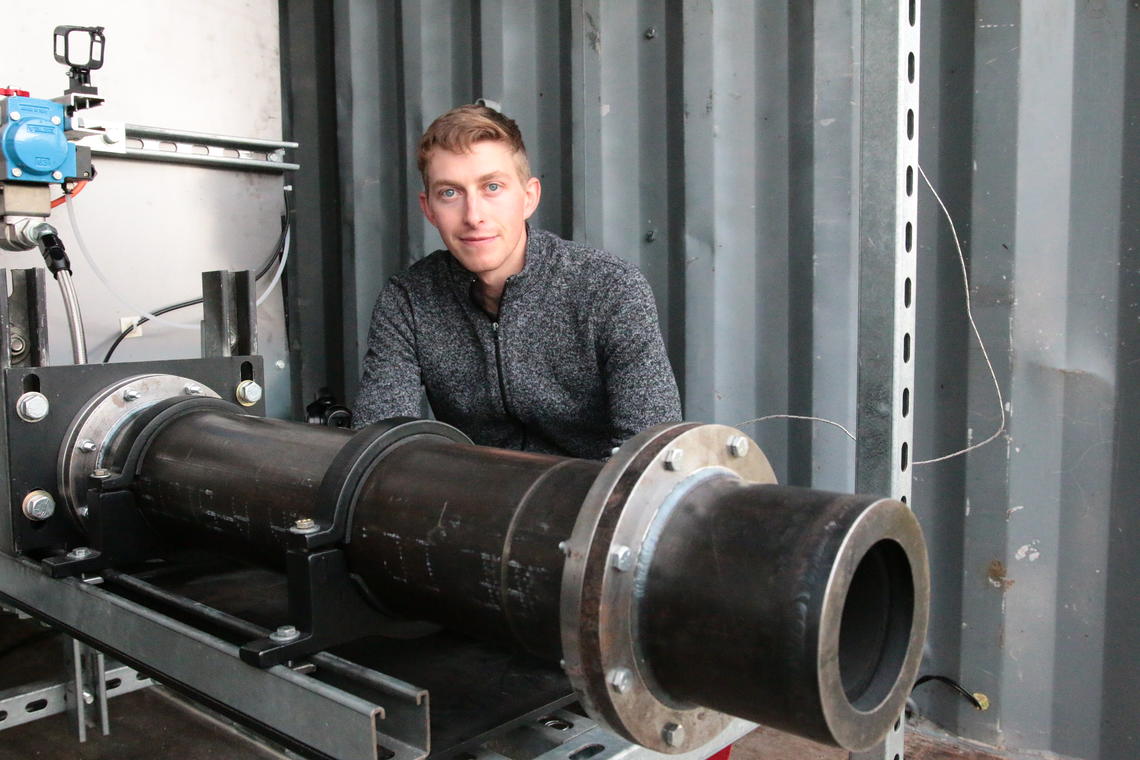
Connor McDougall
Connor McDougall is a PhD Candidate in Mechanical Engineering at the University of Calgary
Connor's research is focused on improving laser-based quantitative measurement techniques in wind-tunnels. He works with high quality data collected from NASA Langley Research Center's high-speed test facilities. His work will be used to improve measurements within the high-temperature flows around re-entry capsules, and subsequently improving the design of these vehicles.
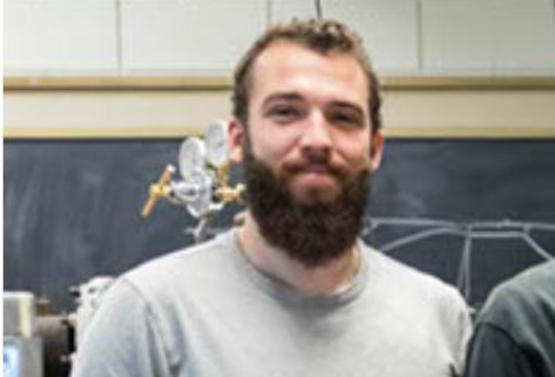
Derek Lastiwka
Derek Lastiwka’s research focuses on the application of computational fluid dynamics to quantify the performance and losses of a novel ramjet engine design. The numerical tools used for the analyses are the open-source software OpenFOAM and custom created 1D solvers. The development of custom 1D solver allows the group to explore the design space very quickly and then traditional computational fluid dynamics analyses can then verify and fine tune the design. In addition, Derek’s research is closely tied to the experimental groups work which helps provides reliable numerical tools to quantify and guide the design of the engine and testing that the experimental group should focus on. Derek completed his master’s at the University of Ottawa in May 2009. Between 2009 to 2019 he has been working for various engineering consulting companies primarily using numerical tools to aid in the design of machinery in the energy, oil and gas, medical, mining, material processing, and aerospace industries.
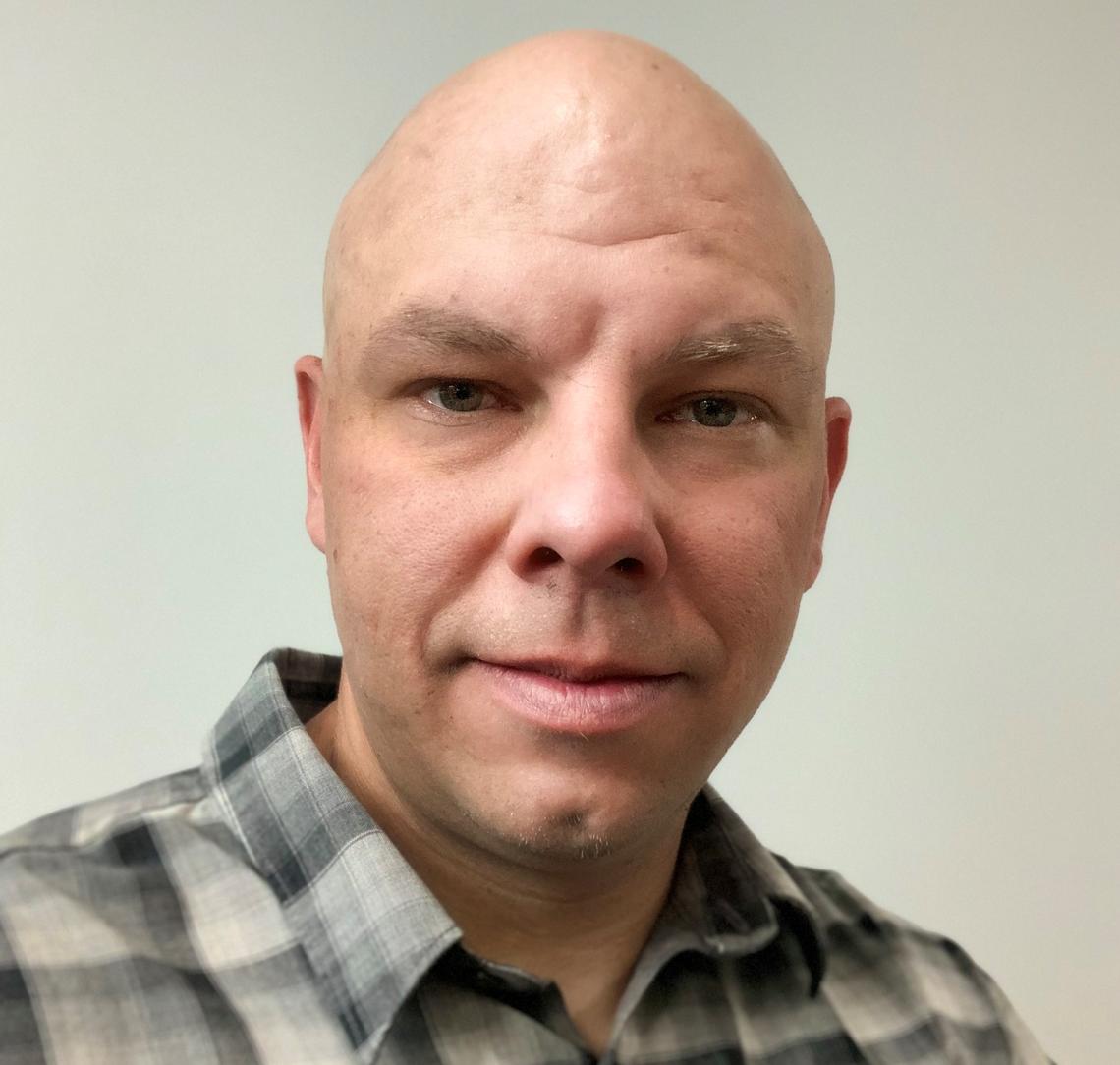
Adrian Garcia
Adrian is a PhD student in the Mechanical and Manufacturing Engineering department at the University of Calgary having completed his Aerospace Engineering degree at University of Southampton and an M.Sc. at Cranfield University. Adrian’s research focuses on using Computational Fluid Dynamics (CFD) for the full-system simulation of a supersonic Small Scale Unmanned Air-Vehicle (SSUAV), considering the different phenomena involved, from external aerodynamics to internal engine operation of a novel ejector-based ramjet engine design. This work is performed using primarily open-source software like OpenFOAM.
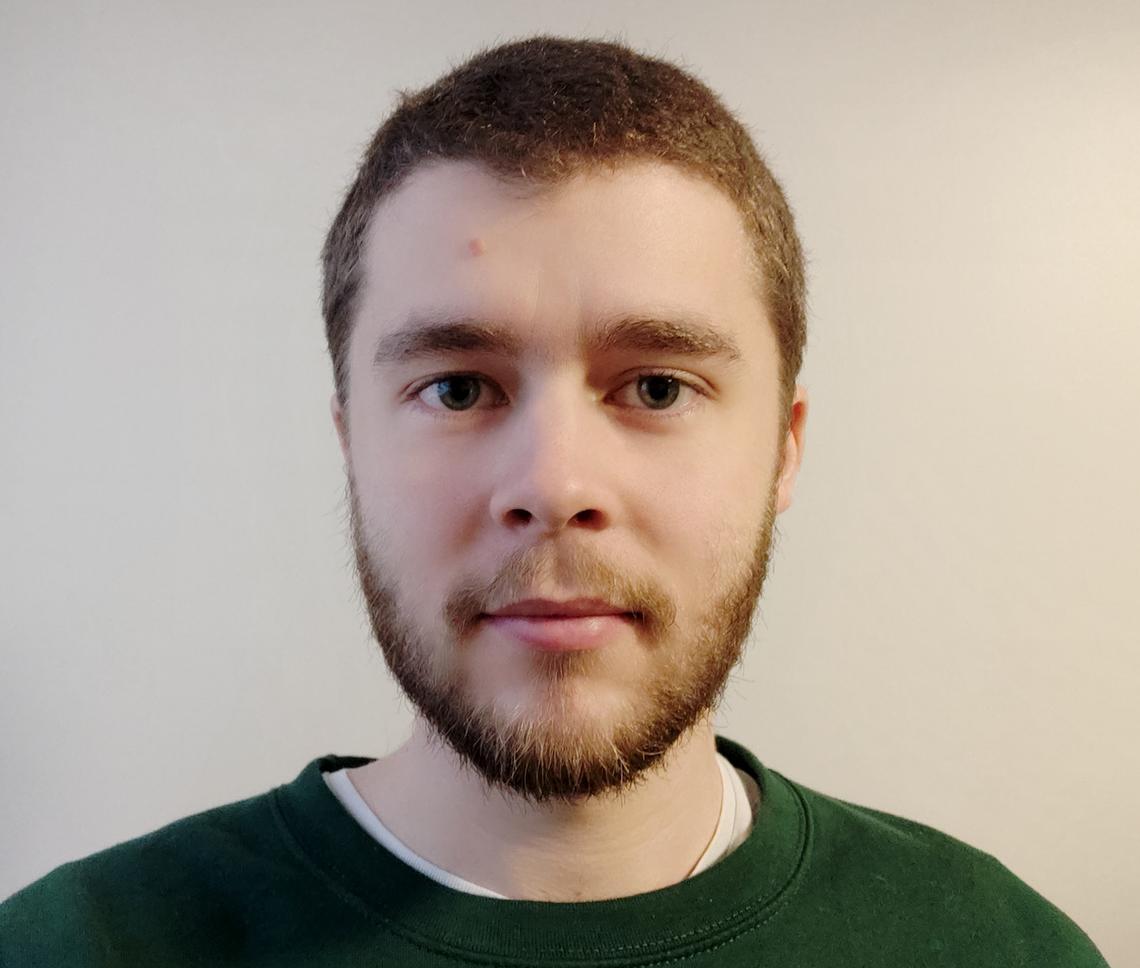
Annapurna Basavaraju
Annapurna is a Ph.D. student in the Mechanical and Manufacturing Engineering department at the University of Calgary. Prior to this, she worked in Propulsion Research Studies for Indian Space Research Organisation (ISRO), India, and has expertise in experimental combustion studies. She also has experimental research experience in working with hydrogen fuelled combustor of aircraft engines from the Institute for Thermal Turbomachinery and Machine Dynamics, Technical University Graz, Austria. She has a master's degree in Aerospace Engineering from the ‘University of Applied Sciences, Austria.
Her current research focus is on paraffin wax-based fuels applied to hybrid rocket propulsion. Methods to augment the performance of wax-based fuels through enhanced fuel formulations and improved combustion efficiency are the primary objectives of this work. Additionally, one of the key challenges in paraffin wax is its poor mechanical properties. In her work, she will be experimentally determining the ‘structural failure mode’ that occurs with a ‘fuel sloughing’ event with paraffin fuel.
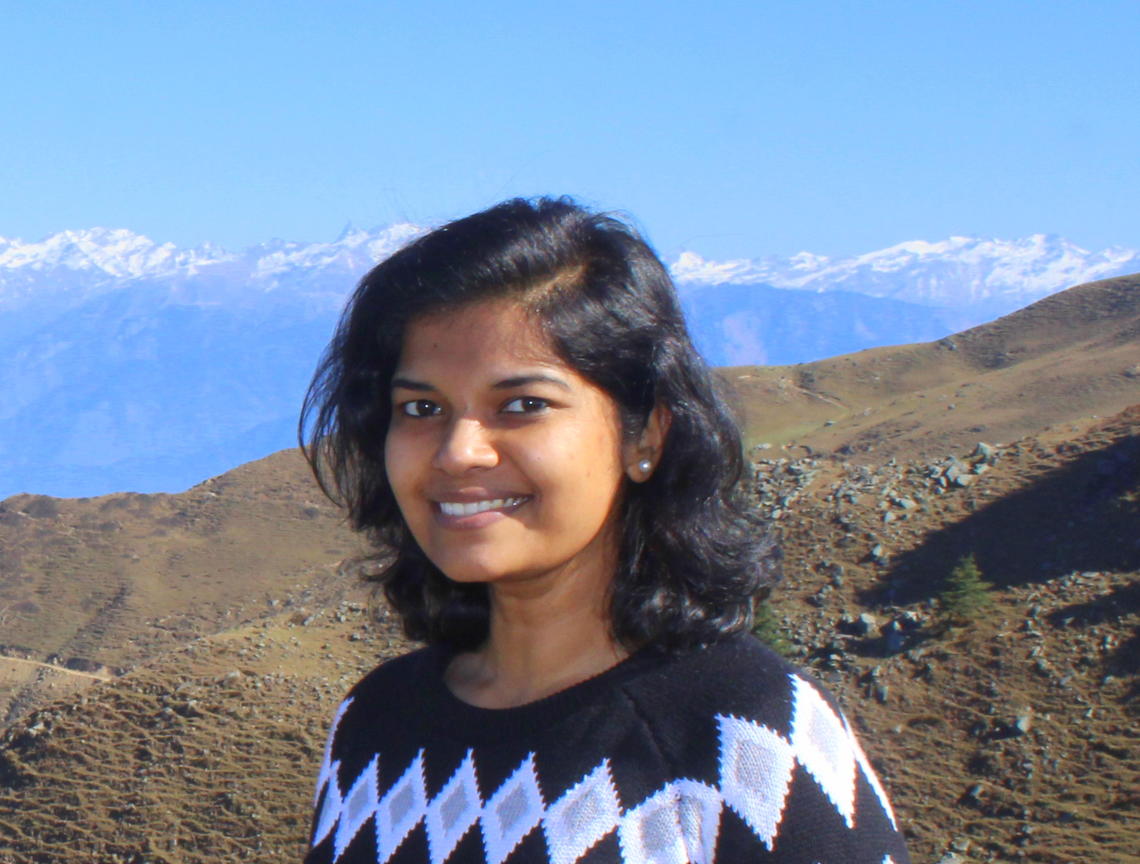
Kenneth Hinh
Kenneth is a Ph.D. student developing optical techniques such as high-speed particle image velocimetry (PIV) and Schlieren to investigate compressible turbulent shear flows. Turbulent shear flows including free and confined jets have significant aerospace applications such as supersonic ejectors, ram-jet intakes and thrust augmentation devices and detailed experimental investigation is necessary to understand the underlying physics governing the flows which lead to optimized design of these devices. Kenneth completed his B.Sc. in Mechanical Engineering at the University of Calgary in 2020 and is co-supervised with Dr. Robert Martinuzzi from the Laboratory for Turbulence Research in Aerodynamics and Flow Control (LTRAC).
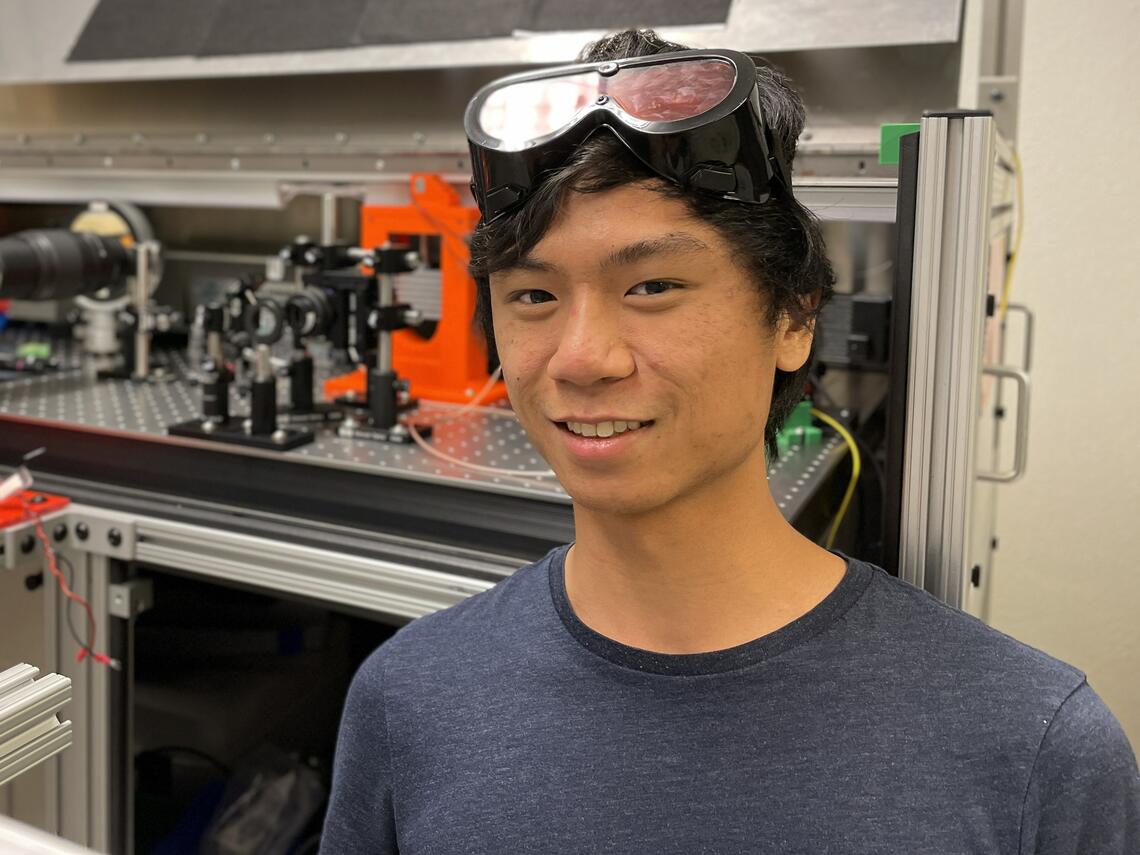
Matthew Lo
Matthew is an Ph.D. student in Mechanical Engineering at the University of Calgary specializing in CFD. He first obtained his B.Eng in Mechanical and Automation Engineering at The Chinese University of Hong Kong (CUHK) in 2020, then a Master’s degree in Aeronautical Engineering at Hong Kong University of Science and Technology (HKUST) the next year.
After graduating from HKUST, he became a member of a research team at Hong Kong Polytechnic University (HKPolyU) for a year, focused on Computational Fluid Dynamics (CFD), stability analysis of supersonic/hypersonic flows, and investigated the establishment times of Mach 2.25-5 supersonic flows over a compression corner under different physical conditions numerically.
With his strong background and enthusiasm for CFD and hypervelocity aerodynamics, he joins AERO-CORE and will be doing his research on a supersonic small-scale UAV, assisting the development of the engine in the lab.

Master's Students
Benjamin Durante
Benjamin is currently an M.Sc. student in Mechanical Engineering having completed his B.Sc. at the University of Calgary in 2020. His main academic interests are in the field of robotics and automation. Benjamin’s research focuses on control system development for small-scale supersonic unmanned aerial vehicles. The motivation of this research is to identify the control requirements necessary to ensure safe and stable supersonic flight. His research involves modelling, simulating and subsonic flight testing of a small-scale supersonic unmanned aerial vehicle.
Tyson Migadel
Tyson is a M.Sc. student with strong interests in aerospace and fluid mechanics. His work involves using Computational Fluid Dynamics (CFD) to simulate and analyze turbulent combustion. His focus is on the simulation of ramjets and other high-speed aircraft to analyze their output and combustion stability. With a proper understanding of how combustion will occur in these engines, CFD analysis can be used to improve their efficiency and overall performance at a much lower cost than experimental methods.
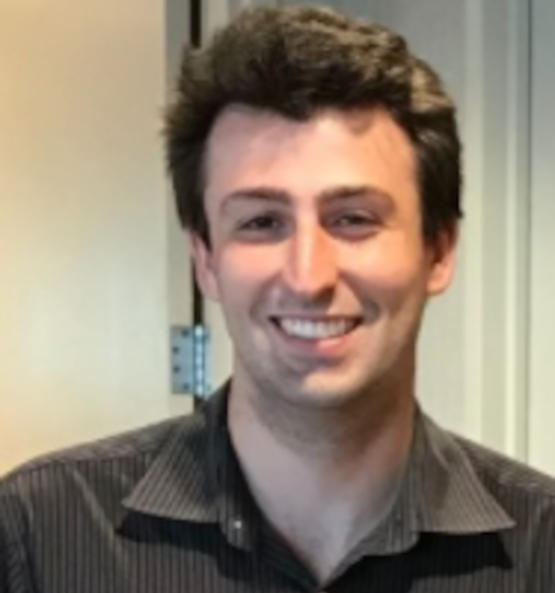
Rahul Javaji
Rahul is a M.Sc. student in Mechanical Engineering and a member of the AERO-CORE lab. He completed his B.Sc. in Mechanical Engineering at the University of Calgary in 2020. His research focuses on the principles of gas dynamics and combustion. The motivation for this research is to apply these principles to the design of a novel ramjet engine inlet design capable of extending the operating velocity of these engines. The research involves experimental analysis of the engine and design optimization of the engine geometry and operating features.

Shaun Gair
Shaun is an MSc student who joined the lab with a strong background in the aerospace industry as a certified aircraft maintenance technician. He has hands-on experience in specialized design and prototype fabrication. His research focus is on the development of an easy-to-build high-speed UAV design for use as a flying research platform. This UAV, a highly swept delta wing configuration, is a stepping stone to a larger aircraft able to carry an experimental payload for diverse research goals including novel propulsion technologies, small-scale supersonic design, and fluid-structure interactions.
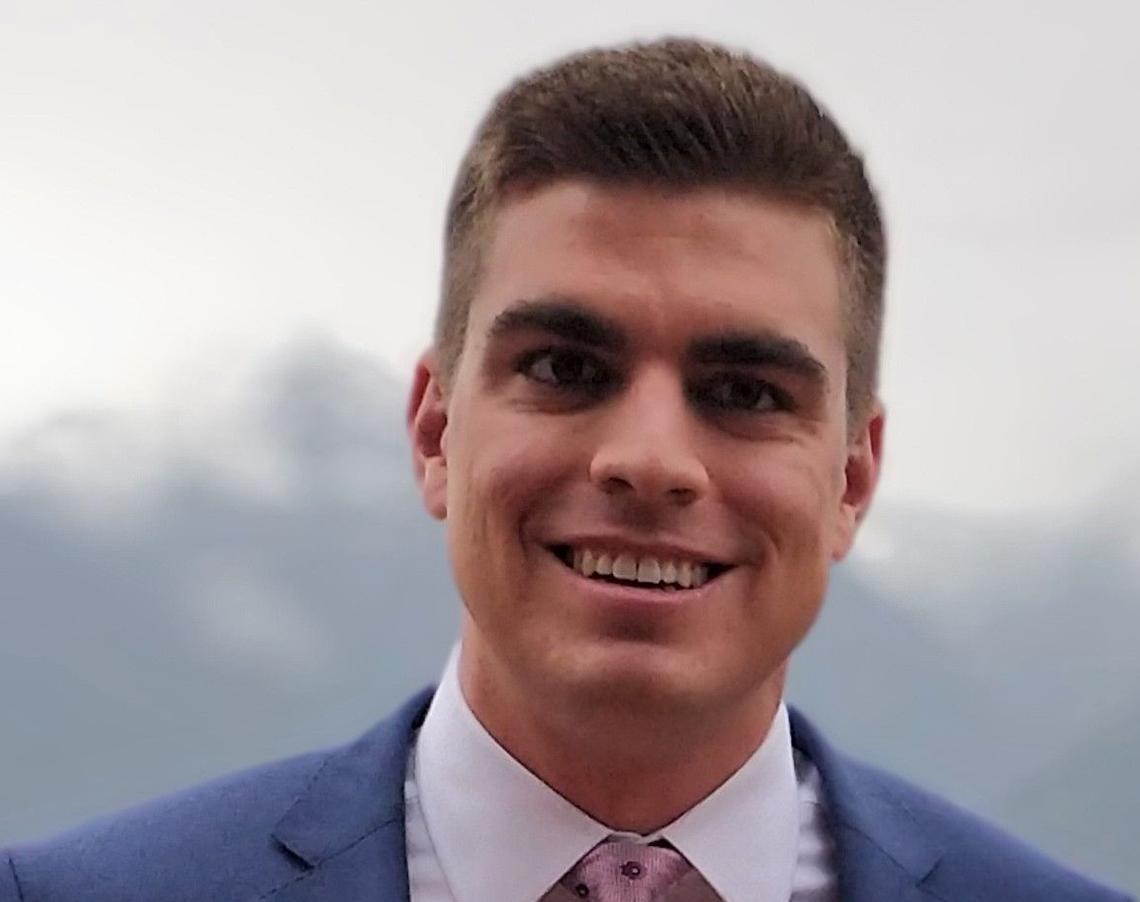
Joel Kramer
Joel is a Master of Science student working in the Mechanical and Manufacturing department at the University of Calgary. He previously graduated from a Bachelor of Science from the same department in 2020. Joel's research is currently focused on the performance characteristics of supersonic ejector devices. He is working to develop a model that describes the effects of ejector inlet geometry on the resultant flow field. Results of his research will be used in ejector-ramjet integration in hopes of one day developing a ramjet powered single stage to orbit vehicle.

Lisa Long
Lisa completed her BSc. in Mechanical Engineering at the University of Alberta where she also conducted aerodynamic research and managed the propulsion and drivetrain systems for the Formula SAE team. These interests are what brought her the AERO-CORE lab in 2020 where she now works as a MSc. student on propulsion systems for aerospace applications. She currently works on the Atlantis Intake System which is a novel intake to be used in conjunction with a ramjet engine to extend its operational flight speeds. Her work largely focuses on investigating the interaction between the fluid behaviour in the intake and the combustion downstream experimentally. The resulting relationships that are found will be used to guide further modifications in pursuit of an optimized design. To do this, she has developed an experiment which couples the intake to the engine and performs tests at a specialty propulsion test facility located in the foothills south of Calgary.
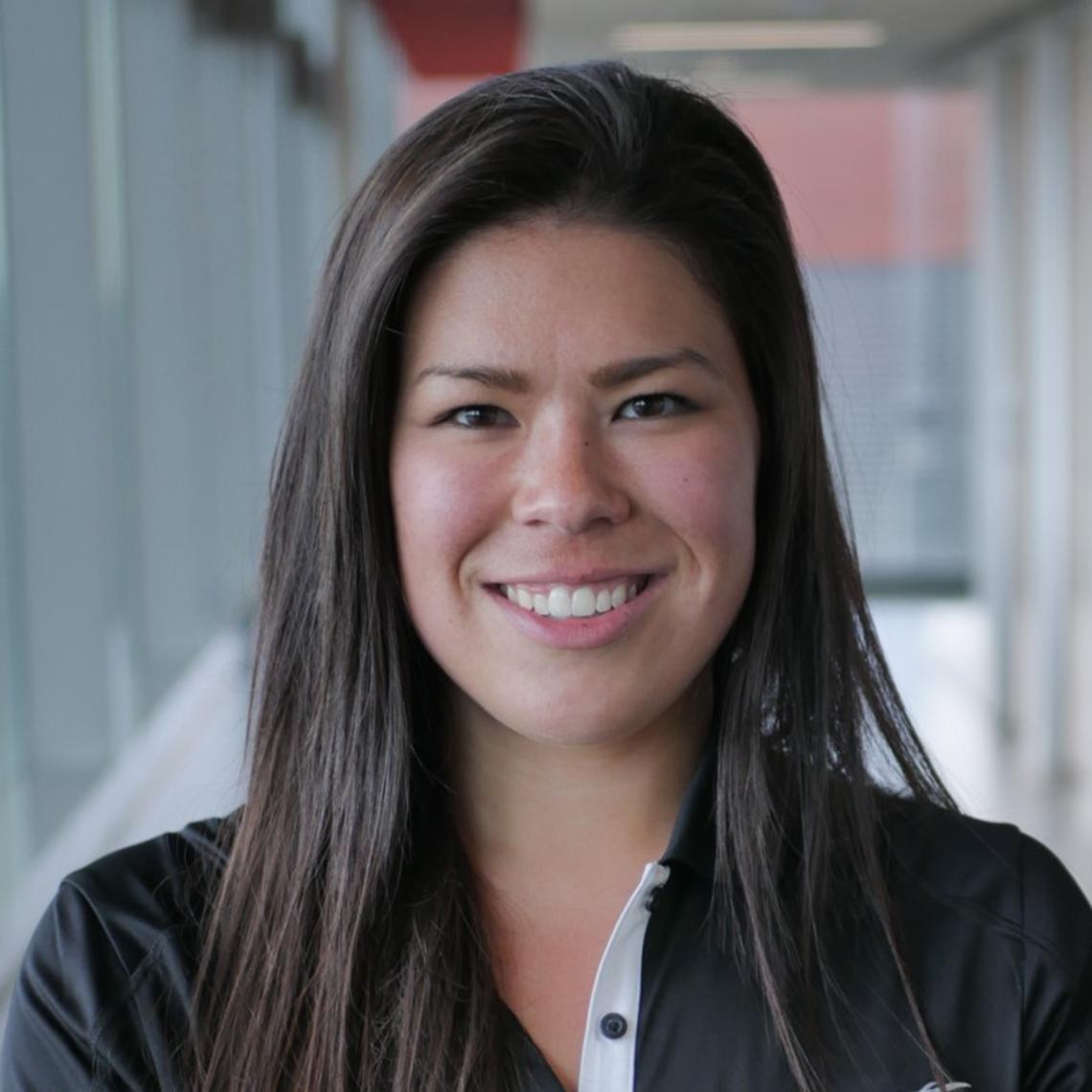
Matt Corbiell
Matt received a B.Sc. in Mechanical Engineering from the University of Calgary in 2020. During his undergraduate studies, Matt’s interests in aerospace engineering grew from his experience on the university amateur rocketry team. He is currently pursuing a Master of Science degree while working in the AERO-CORE lab. His research focuses on investigating the viability of potential combined-cycle propulsion systems for supersonic aircraft. These propulsion systems intend on extending the Mach range of an aircraft by providing seamless transitions between engine operational modes. The research will involve creating models of engines with various combined-cycle propulsion systems and simulating their flight profiles to determine the potential efficiency benefits and Mach range capabilities. The intention of the study is to provide the preliminary work necessary to guide future experimental research of viable and novel engine designs.
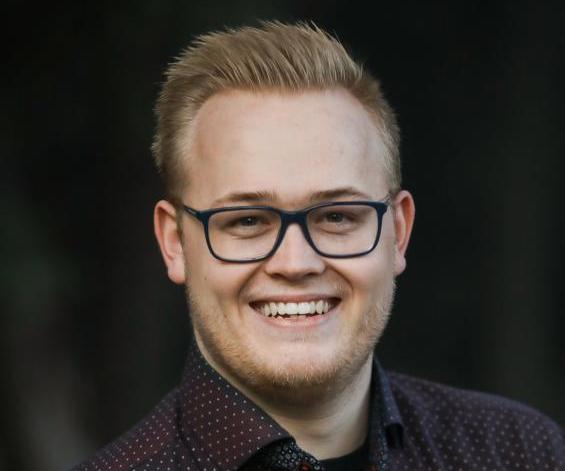
Will Nelson
Will is currently an M.Sc. student in Mechanical engineering after completing his B.Sc at the University of Calgary in 2021. His research is focused on testing liquid oxygen as an oxidizer for use in hybrid rockets. This research is motivated by the theoretical increase in specific impulse when using a combination of paraffin wax as a fuel and liquid oxygen as an oxidizer when compared to the current oxidizer, nitrous oxide. Implementation and testing is being done at an existing rocket engine test site at the Rothney Astrophysical Observatory, with the goal being to improve the performance of a 4.4kN hybrid rocket motor.
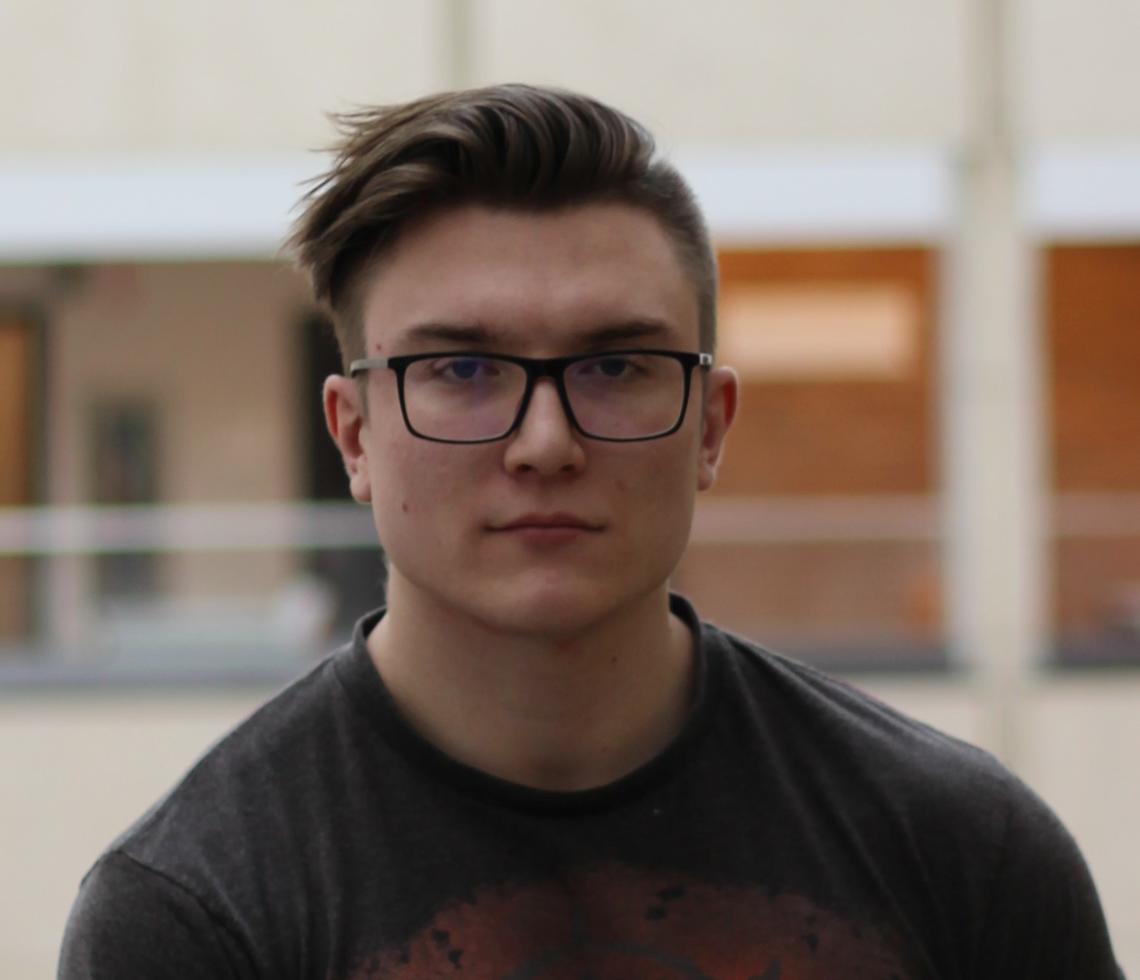
Sebastian Leblic de Kozielsk Kossil
Sebastian is a MSc. student who completed a BSc. in Mechanical Engineering at the University of Calgary in the Spring of 2021. Sebastian’s undergrad background includes 5 years of participation within the U of C’s FSAE team where he spent his last 2 years as the Aerodynamic Lead, developing a high-downforce aerodynamics package for an open-wheel FSAE spec formula car. As part of the AERO-CORE lab team, his research focuses on the application of conceptual design tools to develop a Small-Scale Supersonic UAV (SSSUAV). His research will be centered on developing a design optimization process to supplement the conceptual design phase where variable-fidelity aerodynamic analysis and optimization tools will be used to define aircraft geometry. He will be working with parametric design software and validating the use of design optimization techniques within the context of developing a SSSUAV. The motivation of this research is to provide a reliable process in which the aircraft geometry conceptualization process is streamlined, and design results can be trusted with a high level of confidence.
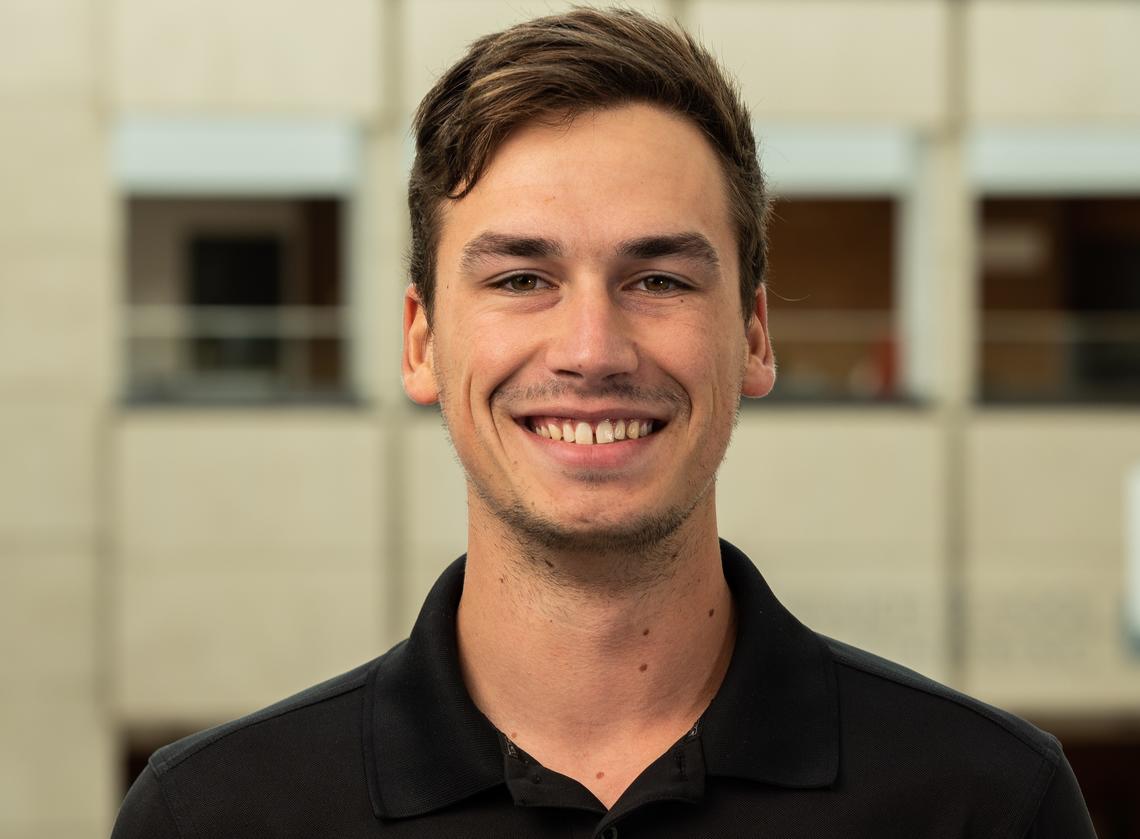
Andrew McFadden
Andrew is a M.Sc. student with a keen interest in fluid mechanics, specifically Computational Fluid Dynamic (CFD) modeling, and its application in aerospace and energy systems design. He also has a breadth of professional experience, having spent the past 4 years working for in the renewable energy industry through design and testing of novel energy storage technology.
Andrew’s current research focuses on the behavior of compressible fluids in supersonic ejectors and ramjet intakes. He uses CFD and numerical approaches to validate the AERO-CORE group’s experimental testing and optimizing the design of these components. The simulation results will be used to gain a deeper understanding of the flow conditions and geometry features contributing to engine performance, while informing future experimental test campaigns.
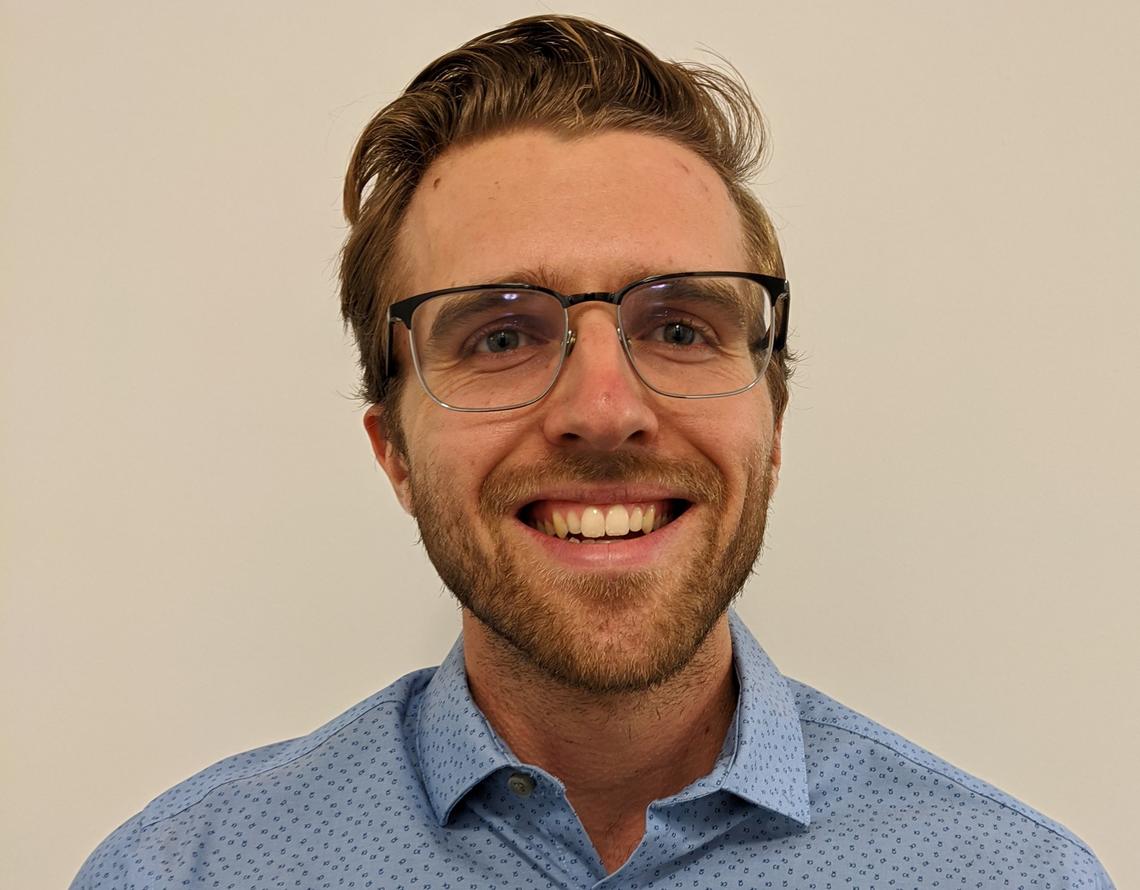
Rebecca Fyfe
Rebecca completed her BSc in Mechanical Engineering at the University of Calgary in 2022. She comes from a diverse educational and professional background having transitioned into Aerospace from Environmental Science, while contributing to the drivetrain system on the Schulich Off-Road SAE team in a leadership capacity. Her undergraduate capstone team investigated the composite re-design of an existing small-scale, high-speed UAV airframe to enable supersonic flight. Rebecca will be expanding on this project in the AERO-CORE group starting with the fabrication of an initial full-scale, flightworthy iteration. Her work is closely tied with other students at both the PhD and MSc levels, and successful flights will pave the way for versions of the aircraft capable of housing instrumentation and novel propulsion technologies in support of various research programs.
Noreen Abdelwahab
Noreen completed a Bachelor of Science in Mechanical Engineering with a Minor in Mechatronics from the University of Calgary in April 2022.
Throughout university, she was actively involved with SOAR, the Student Organization for Aerospace Research. Serving as the Vice President of Mechanical Engineering, she helped lead the successful launch of two student-designed and manufactured rockets.
Combining her passions for Control Systems Engineering and Aerospace Engineering, she’s excited to pursue a Master’s researching novel control systems for hybrid rockets. Specifically, she is researching the design and implementation of secondary fluid injection thrust vector control for hybrid rockets.
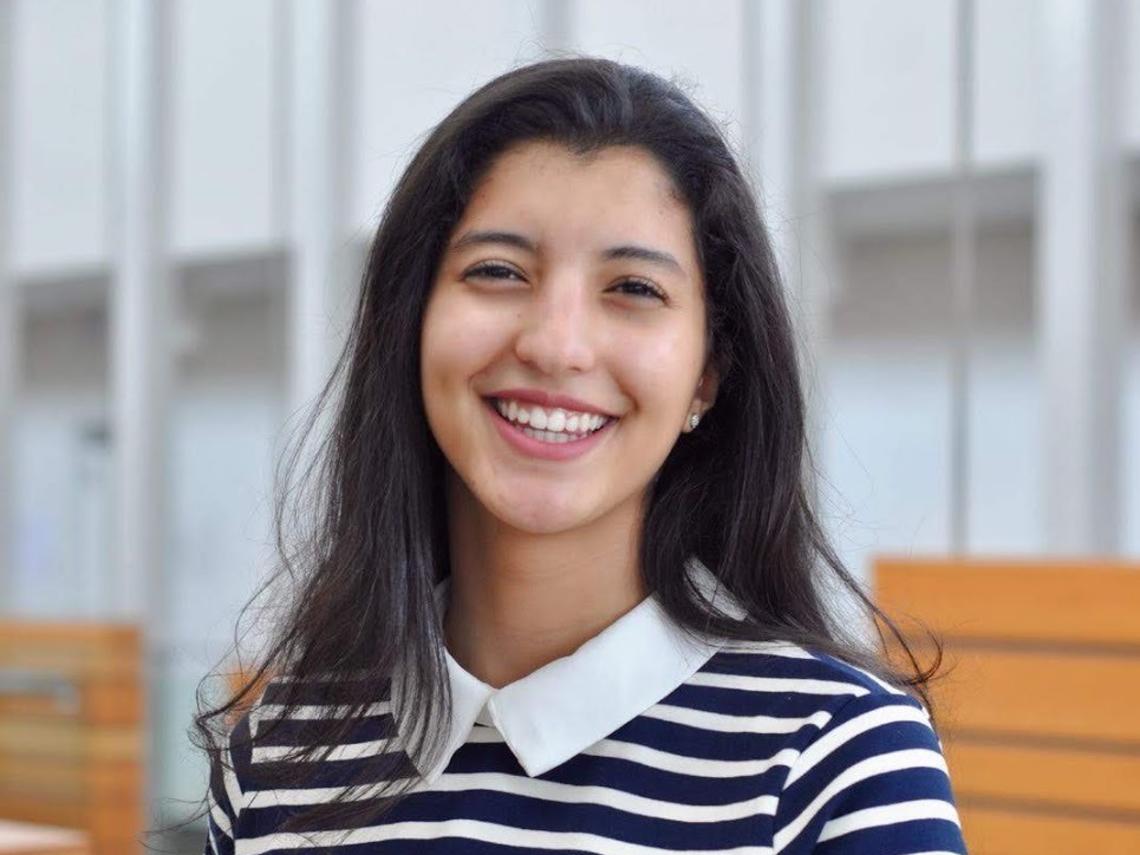
Keilan Pieper
Keilan is an M.Sc. student in Mechanical Engineering at the University of Calgary concentrating on aircraft design. He completed a B.Sc. in Mechanical Engineering with a specialization in Biomedical Engineering in 2022 also from the University of Calgary. In past research positions, he worked extensively with medical professionals in a range of biomedical applications including bone grafting and deep learning-based image segmentation, as well as fluid mechanics through surface flow visualization across a variety of airfoils. This culminated in a capstone design project exploring composite materials for supersonic UAVs. This latter work has now been extended to the graduate level where he will combine multiple aspects of engineering to develop and optimize aspects of aircraft design including composite materials for UAVS and novel propulsion systems. This integration of fluid mechanics with materials and dynamics will allow him novel insight into the methods and processes of aerospace design.
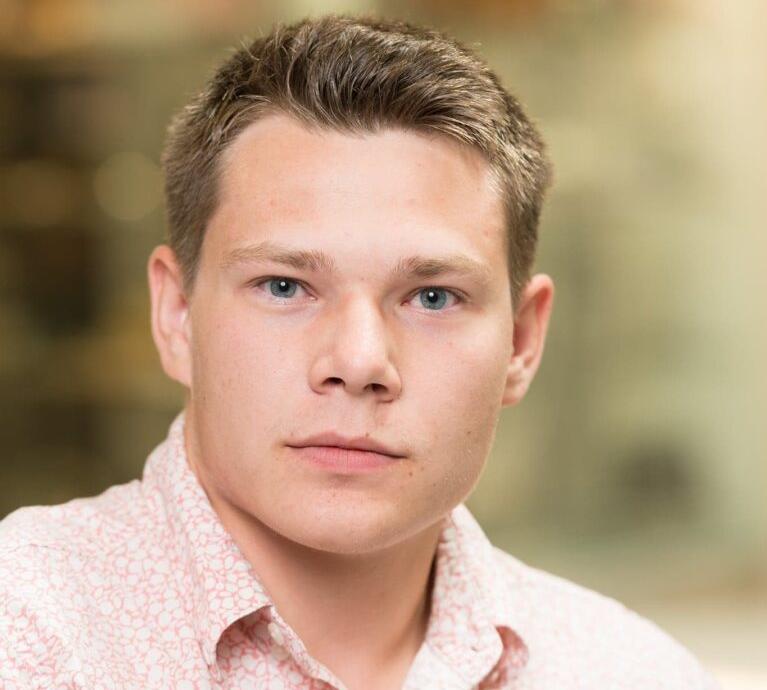
Marlin Sako
Marlin is an M.Sc. student in Mechanical and Manufacturing Engineering at the University of Calgary. He completed his undergraduate degree at the University of Calgary as well, with a B.Sc. in Mechanical Engineering. Following his passion for aerospace engineering, he decided to apply and join the AERO-CORE lab in 2022. Marlin's research focuses on an ejector design for a novel ramjet engine. His research and experiments will concentrate on how different flow conditions from the ejector will affect the performance of the ramjet engine. The findings and results of Marlin's research will be used to help develop a ramjet engine that will be able to achieve thrust from a stationary starting position.
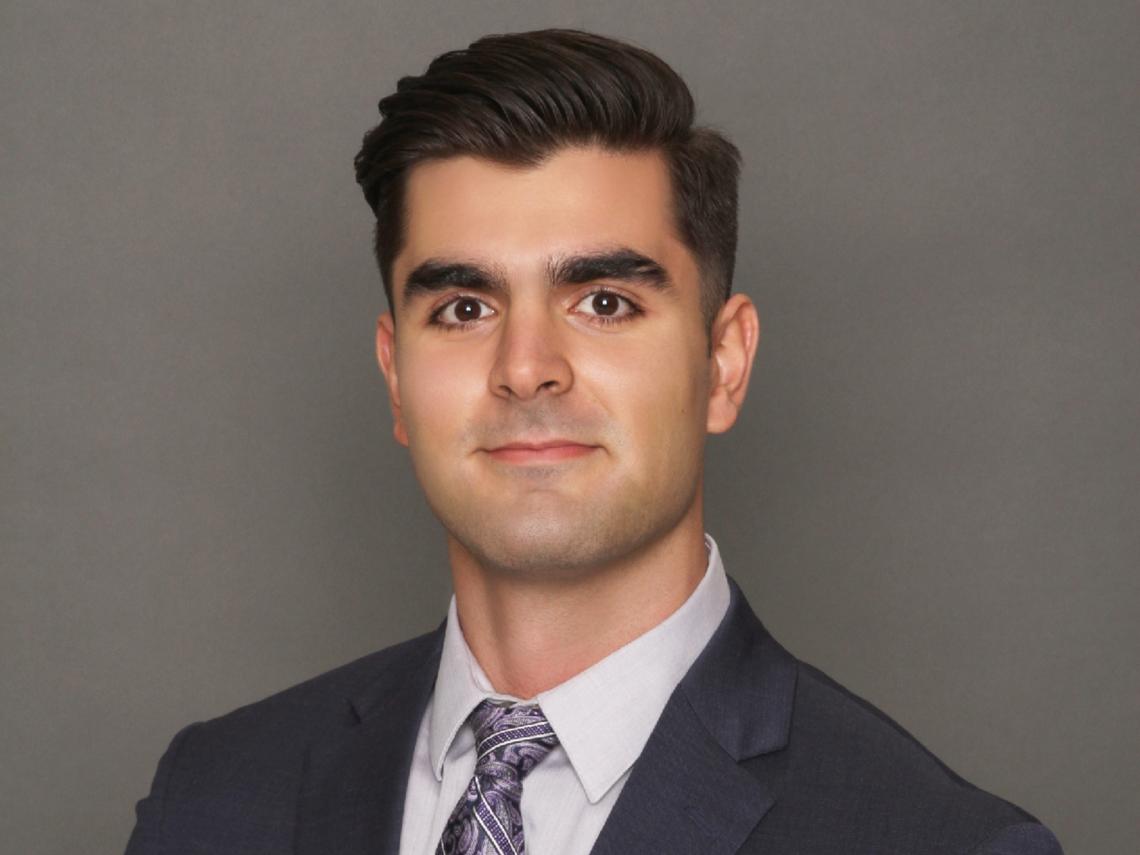
Justin Bonal
Justin completed his B.A.Sc. in engineering physics at Queen's University in the Spring of 2021. He has a strong interest in gas dynamics of high-speed flows, with an emphasis on experimental research and testing. For his undergraduate research, he worked at the Royal Military College of Canada, designing a supersonic wind tunnel test section. The project included writing a program to automatically design and optimize fixed-length gradual expansion supersonic nozzles using the method of characteristics. In the AERO-CORE group, he is improving the efficiency of the novel ejector-ramjet engine by designing a heat exchanger to pre-heat the primary fuel jet prior to combustion. In addition to research, Justin has a passion for education and learning, aiding in undergraduate courses as a TA, tutor, and a cram course developer.
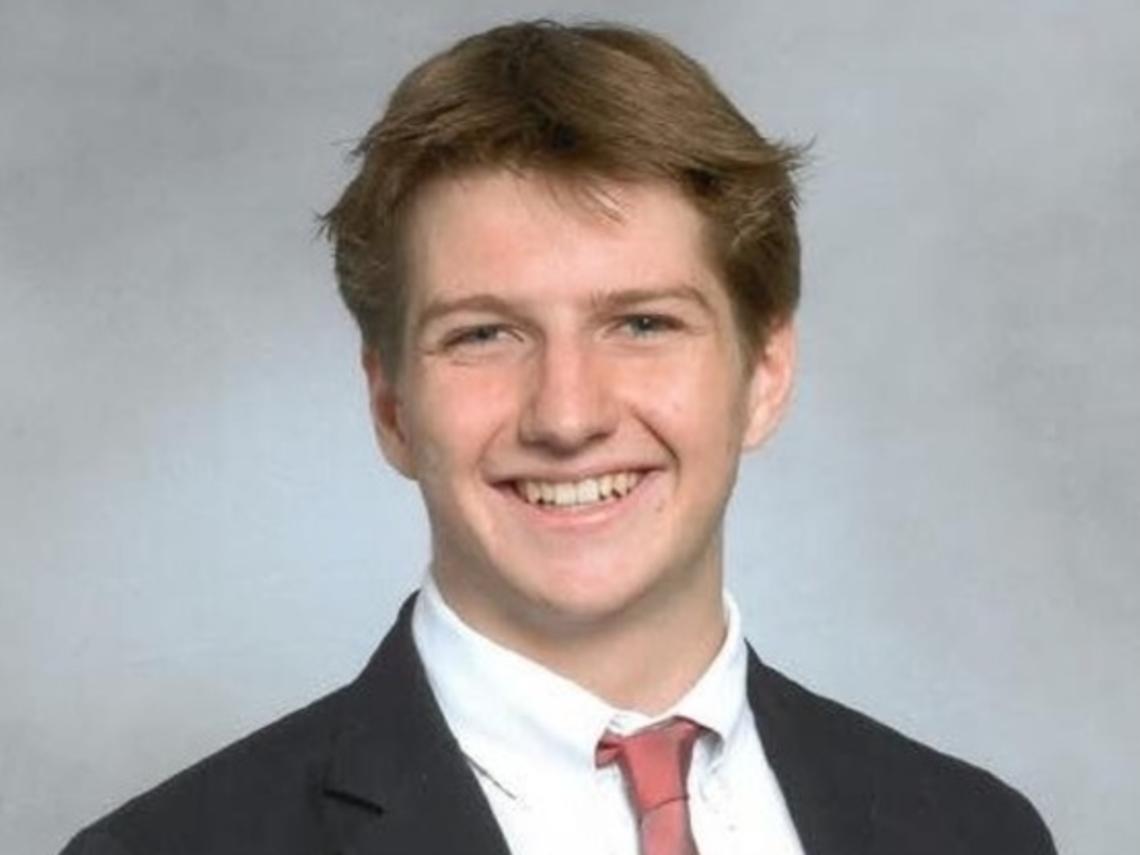
Vansh Sharma
Vansh completed his bachelor’s in mechanical engineering from India in 2022. He has a strong interest in Hypersonic/Supersonic aerodynamics for high-speed vehicle development. During his undergraduate studies he worked with a student rocketry team THRUSTMIT and designed numerous high-power rockets, with this he has also developed a 6 degree of freedom simulator for apogee calculation using MATLAB. His undergraduate research work comprises projects ranging from subsonic to hypersonic flows for military and aviation applications.
His research with AERO-CORE comprises aerodynamic analysis of an in-house developed small-scale supersonic UAV using Computational Fluid Dynamics and Analytical tools.
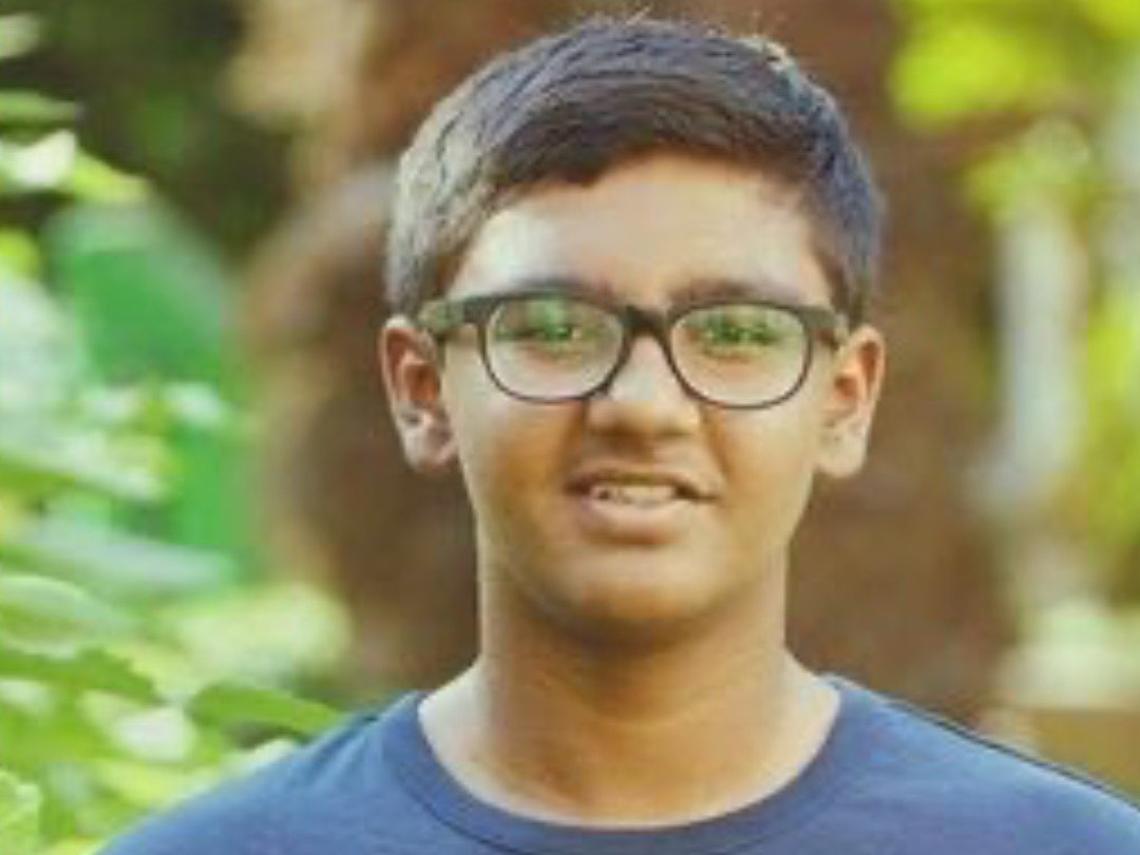
Sai shankaran Balaji
Sai shankaran is an M.Sc. student in Mechanical and Manufacturing Engineering at the University of Calgary. He obtained his undergraduate degree in Aeronautical engineering from India in 2022. His undergraduate work specializes in aerospace propulsion which involved the design and development of a Micro gas turbine engine for Next leap aeronautics, a private enterprise.
He was also part of the student rocket team called ‘Tenacity’ at Students for Exploration and Development of Space (SEDS KCT) with his research focused on optimizing grain geometry of solid rocket motors by experimental and numerical studies and flight mechanics.
His current research at AERO-CORE involves improving the performance of an ejector ramjet intake by designing a regenerative heat exchanger to preheat fuel before injection while minimizing losses.
